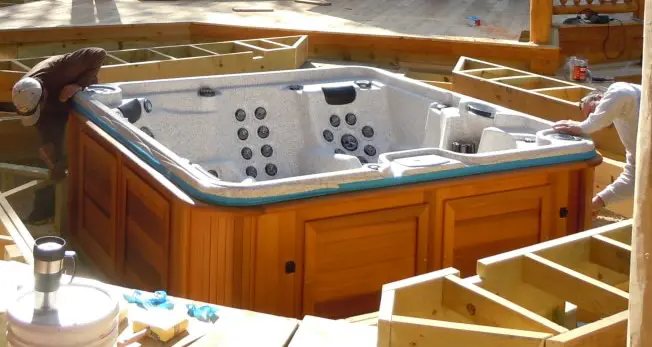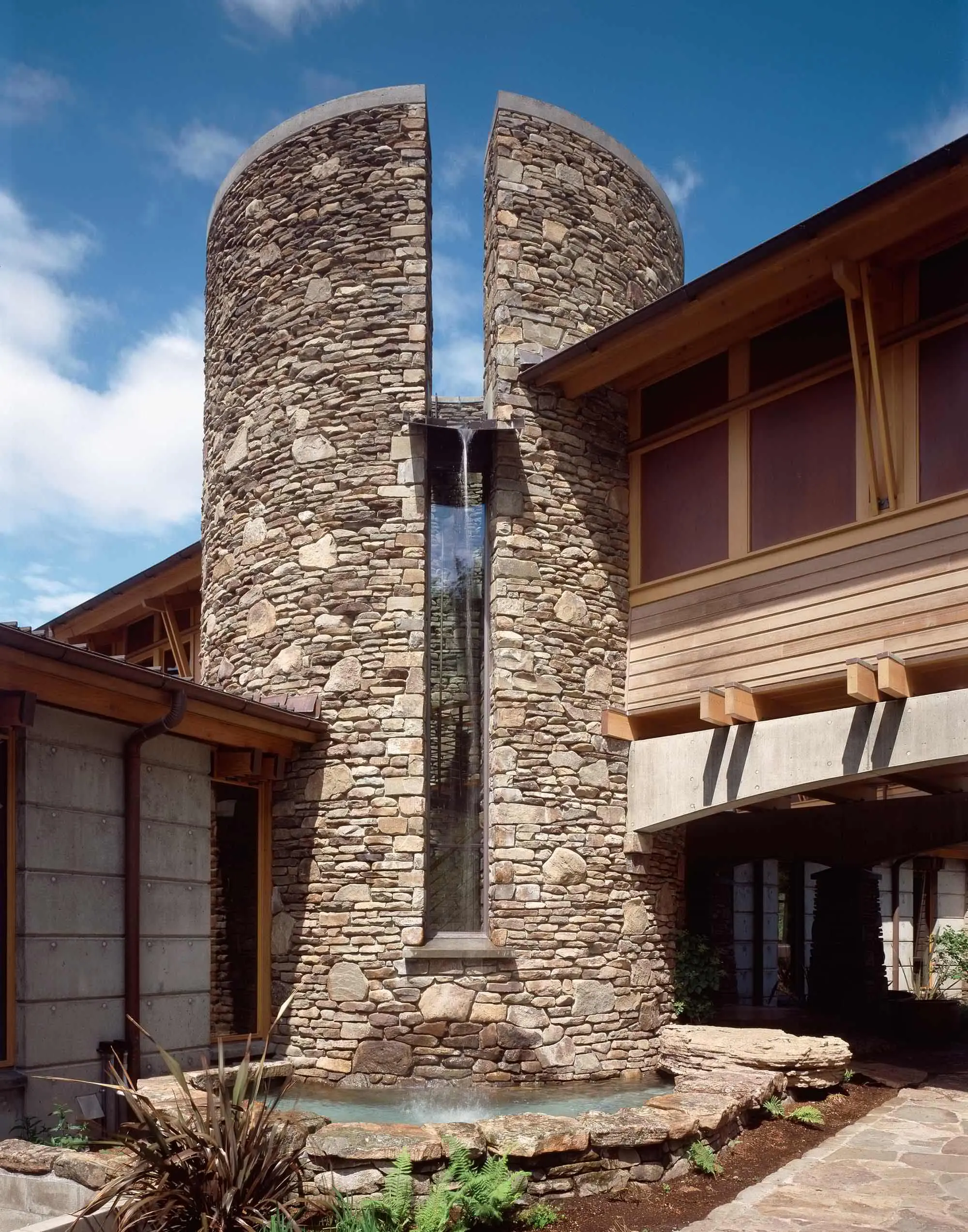When and how to seek assistance for your home project
There is a lot to establish before hiring a contractor. Cost is NOT your only consideration. Before you make that call, perform some preventive maintenance to help reduce potential hassles along the way. You can start by mapping out your project and condensing it into a detailed plan.
On larger projects it may be necessary to work with a designer or architect, as they are trained to draft your ideas per the industry standard. If such is the case, let there be NO QUESTION that the concepts drawn on paper must be able to be physically executed reasonably within your budget.
Practicality must be observed from the start, so be firm with your assertion that ultimately what you propose must be rational. If the architect/designer is experienced, they will have a general ability for keeping expectations in the ballpark. Leave no mystery as to your plans for the space and the expectations of a potential contractor will be more easily managed.
Unlike permit plans that deal with a general layout and structure, complete plans outline it all – interior architecture, finishes, electrical, etc… – pertinent details a contractor will need 
ahead of time in order to provide the most accurate estimates prior to starting. A list of specifications will be necessary as well, spelling out exactly what you want as far as appliances, fixtures, finishes and accessories.
Lowe’s has some helpful tools to help you formulate your plan. Depending on these details, a price for a job can vary wildly, but choosing them early will save an untold amount of time. Your contractor can have the items on hand when they need them, and will be better able to calculate the costs for working with and installing them.
Indeed, having a set of drawings and specifications on hand will prove invaluable. Find out where you may send them for estimates. Maybe you’ve had a good experience with a builder previously – you can reach out to him for a bid. Be patient, you may not want to take the lowest offer, nor are you likely to choose the highest.
One that floats at around 80% of your budget is perfect. This leaves a cushion for unexpected costs. After you get pricing you’re happy with, you’ll probably want to move ahead.
And what’s the next step? Confirm that a prospective contractor is insured. They need to be  covered. They need to be responsible for their crew.
covered. They need to be responsible for their crew.
And you need to be responsible for yourself by ensuring nothing can come back to you. Accidents happen all the time, and a true professional is prepared to deal with any such mishap – financially, efficiently and legally.
Once that test is passed, check out some of their previous jobs. Having a look at a completed project and inspecting the quality may give you the comfort of greater trust. Check their references.
Talking with clients who hired them previously can provide valuable insight. Interview your prospects. Depending on the planned duration of your project, you’ll be getting to know your chosen contractor pretty well.
Take some time beforehand to learn if they’re someone you can be around often. Ask about how they have dealt with sudden bumps in the road, unforeseen pitfalls, previously. This will help you judge the character of the person.
Ultimately you need to establish a timeline. How long will the job take? The problem of uncertainty plagues any job. Since so many random circumstances could arise, you should 
realistically pad the time predicted with – gulp – an additional month or two. This will quell any concerns of a job running late. They rarely finish on time, anyway. Taking that into account will save you a lot of headaches.
So there you have it, the main points to consider before hiring a contractor. Many of us have had bad experiences relating to contractors previously, but be mindful of your cynicism. Leave it behind.
As with any new rapport, you want to start on a positive note. A successful collaboration could mean an excellent contractor on your side. That could prove priceless!





